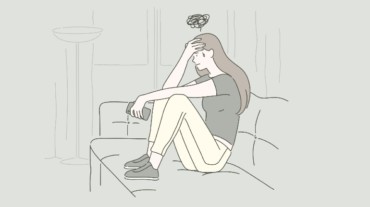
Anxiety disorders affect the lives of 1 in 10 individuals worldwide. Even though feeling anxious or fear and experiencing worry are normal emotional experiences, sometimes the anxiety or fears individuals experience can become excessive. It can even manifest even in situations which might not warrant such a response.
When anxiety occurs in a situation without a specific trigger and that experience is in excess of what is typically expected, it can make the person want to withdraw. They also go on to avoid such situations. This affects their personal, professional and social lives—and thus requires attention and intervention.
Typically, in an anxiety disorder, a person can experience a wide range of symptoms which can affect their physiological functions, their thinking and even their behaviour.
These symptoms include:
These symptoms can impact a person’s confidence. They also influence the manner in which they approach situations, their work and even their relationships. Moreover, they can lead the person to always anticipate negative outcomes which can come in the way of their work or relationships.

The resulting anxiety can also shape and influence the way in which s/he views their own self and can impact their mood.
When an adult has an anxiety disorder it can manifest in a generalized form (generalized anxiety disorder). This is characterized by excessive worry and anxiousness around a range of activities and experiences, including general routine activities and is pervasive and persistent.
It can even occur as agoraphobia in which a person has a fear of and often avoids being in large, open spaces that cause them to experience panic.
Also watch:
Some people also have panic disorders, in which a person experiences a sudden feeling of intense anxiety and panic that reaches a peak within a few minutes.
Select Topics of your interest and let us customize your feed.
PERSONALISE NOWSocial anxiety disorder involves intense anxiety and worry about being in social situations due to fears of being embarrassed, having to perform, being judged or feeling self-conscious. It can also manifest as a specific phobia, which involves an intensely anxious reaction to specific stimuli within the environment.
Anxiety disorders necessitate seeking help from an expert. It is important to reach out to a psychiatrist or a psychologist to determine the right treatment options. Simultaneously it is important to avoid the avoidance of situations and seek the support of friends and family in taking care of yourself.